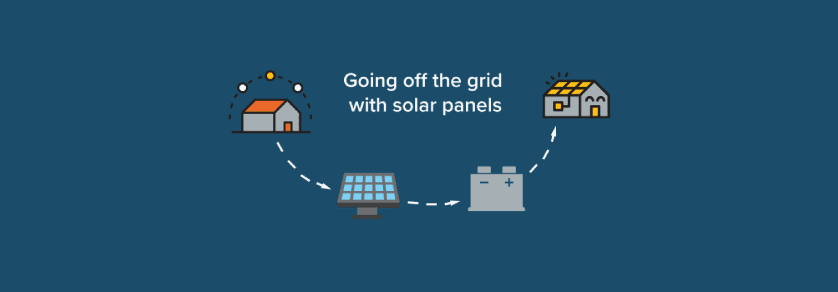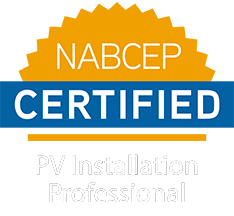3 Things to Know Before Going Off-The-Grid with Solar

How Solar Panels Store Excess Energy
For many, going off-the-grid with solar is a dream come true. It means gaining independence from the local power distribution grid and storing enough energy to power an entire home. Not only that, you can eliminate your monthly electricity bill while also helping to save the environment. However, going off-the-grid can be more complicated than most think. It requires more than just efficient solar panels and inverters.
Installing solar panels doesn’t mean you have to say goodbye to your utility company. The final step in going solar is actually connecting your system to the grid. This grid interconnection is necessary since most solar systems can’t generate 100% of a home’s electricity needs. You see, nightly home activities like running the dishwasher, watching television, etc. require consistent levels of electrical production. In the case of solar panels, the system doesn’t really generate power at night. Thus, the grid becomes your back-up power source.
If you truly want to go off-the-grid, here’s what you need to consider:
1. You will need a solar energy storage system
A typical solar system is comprised of panels, inverter, racking equipment and a performance monitoring system to track the wattage of electricity generated. However, for an off-the-grid system, a solar battery bank is added to the list. It allows you to store excess solar electricity for later use. It can also serve as a short-term backup power in the event of an outage or when the sun isn’t shining. In 2017, it was estimated that 43% of solar system installations were off-grid.
Solar batteries work by converting DC energy generated from the panels into useable AC power. The higher the battery capacity, the more energy can be stored. According to a study by Grattan Institute, an average home needs a 7 kW solar system and a 35 kWh battery storage pack in order to achieve 95% reliability on solar power supply. Residential-scale solar batteries on the market today can store enough energy collected during the day for night use. However, a single solar battery won’t be enough to take you off the grid. What you need is a solar panel battery bank - a collection of multiple batteries - to do the job.
2. You will need lots of space for an off-the-grid system
A complete, off-the-grid system requires a lot of space. Although, it could also depend on the level of off-the-grid living you want to achieve. So how much space are we talking about? The average U.S. household uses about 11,000 kWh of electricity per year. Assuming that all solar panels are facing the right direction, every square foot of roof space can generate 15 watts of solar energy. This means that a typical homeowner will need to install 25 solar panels. Since the most common solar panel size is 5.41 feet by 3.25 feet, it would take almost 400 square feet of roof space to provide the right amount of electricity.
Another thing, it’s not just the panels you have to make space for on your roof or lawn. You will also need space to house the solar batteries. For a functional off-the-grid system, approximately 20 to 30 solar batteries are required. The battery bank needs to be kept in a cool, dry area in order to increase its lifespan. With an efficient solar energy storage system, you will get the power you need even with a couple of days of bad sunshine.
3. With or without storage, solar panels can still save you money.
To go off-the-grid with solar batteries is highly feasible but rarely cost-effective. They are often recommended for remote rural areas and farms where bringing utility power can be expensive and investing in off-grid solar power is way cheaper. There are also special cases wherein off-grid solar battery systems are the only option. GTM Research estimates that solar batteries will become a $2.5 billion market in the United States by 2020. By installing more storage technologies for renewable sources, electricity generated can be more easily managed.
While most homeowners won’t have the chance to completely go off-the-grid, solar panels are still a strong investment. With zero-down offers, solar loans and solar leases, monthly savings are to be expected as soon as the solar system is up and running. The best part is, you’ll have the chance to get rebates and incentives for making the switch to solar energy.



